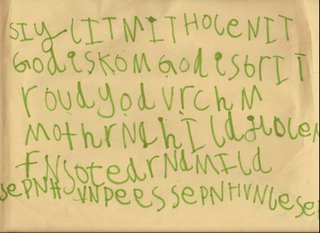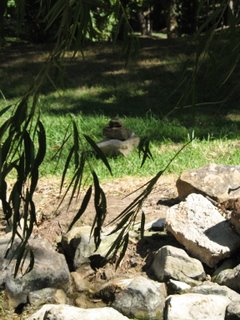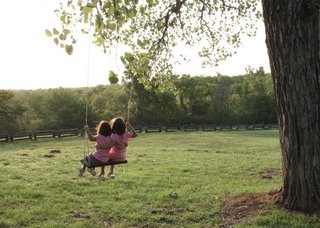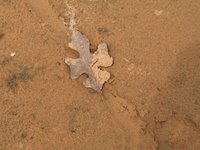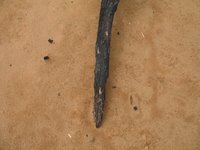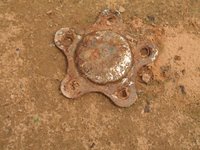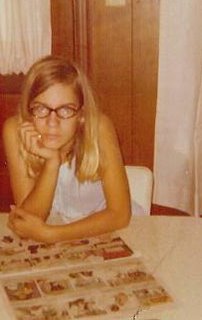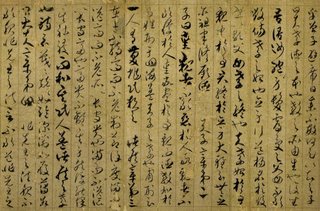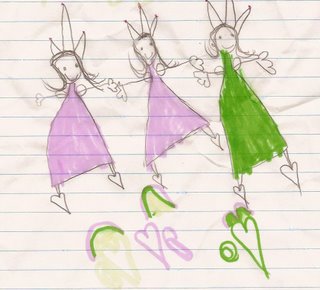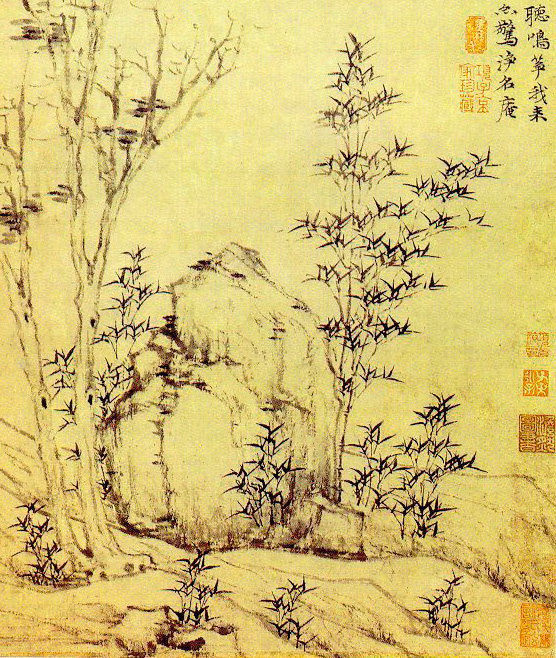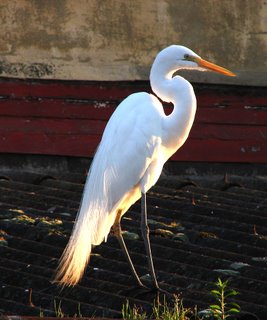
I was prepared for the suburbs. I was not prepared for far north Dallas. So far north, we have to pay extra money to the phone company for the privilege of dialing into Dallas. I knew there weren’t many trees here. It’s a flat land, good for ranching. The grass turns to straw in the summer for lack of rain. The sky is big, with a blue intensity that reminds me I am small.
The best I hoped for, in our price range for an apartment, was the ground floor with a patio and maybe, just maybe, a grassy area the girls could play in. I never expected trees, or water, or living things, other than fire ants and the neighbor’s dog. Who knew that Dallas had so many creeks and nature preserves? Or that this year’s spring weather would be the longest on record?
Our patio empties into a yard, which backs up to a creek with walking trails, a dense line of trees, and the kind of wildlife I remember as a kid. My girls can already identify the cardinal’s song, the blue jay, the rock dove, and the mockingbird. Last Fall, under a cloud of red and gold leaves, they learned the stutter of the red-headed woodpecker.
One morning after a hard rain, when the creek smelled of pear and wisteria blossoms, we watched a white crane fishing for minnows. His S-shaped neck dipped and he brought up a large gold one. Mr. and Mrs. Mallard prefer the bend of the creek near the pecan trees, though we have yet to see the rest of the family. There was a commotion in the trees last month when a young hawk stole a rabbit from the mouth of his brother hawk. Their wingspans are as long as Hannah. Last week, while the magnolia trees bloomed, we spotted an owl that screeches late at night.
Bandit, the raccoon ambles across our patio and raids the neighbor’s cat food. We’ve seen a ‘possom sleeping on a tree branch, rabbits still as statues while guarding their hole, and squirrels playing tag. Monarchs land on our arms, blue and green damselflies flirt around our feet and we’ve only seen one snake – a large one – in the rill near the myrtle trees. On Memorial Day, the four of us walked to the mossy end, where it runnels into the golf course, and we threw rocks into the shallows. We picked wildflowers: carpet strawberries, buttercups, dandelions, queen-anne’s-lace; and then we brought home chiggers.
They manifested on me the next day, and Brad came home with the angry red bumps last night. Luckily we sprayed the girls before our walk and they are fine, but for me, well, all the questions of the curse are on my mind. Just why are there mosquitoes, and fire ants, and venomous spiders that hide in my closet? Our little patch of Eden no longer feels so special. The weather is getting hot, the corn is wilting in the fields, and until I buy some good insect repellant, I am retreating into air-conditioned suburbia.
My friend Sherry, who raises llamas on the outskirts of Austin and contends with mountain cats raiding her chicken coops, will laugh at me. After all, neither of us really live in the forest. The city is always nipping at our heels, chasing the wildlife farther afield or swallowing it altogether. Who wants to live together with snakes and lions and biting ants? I’m not sure which is the bigger curse.
